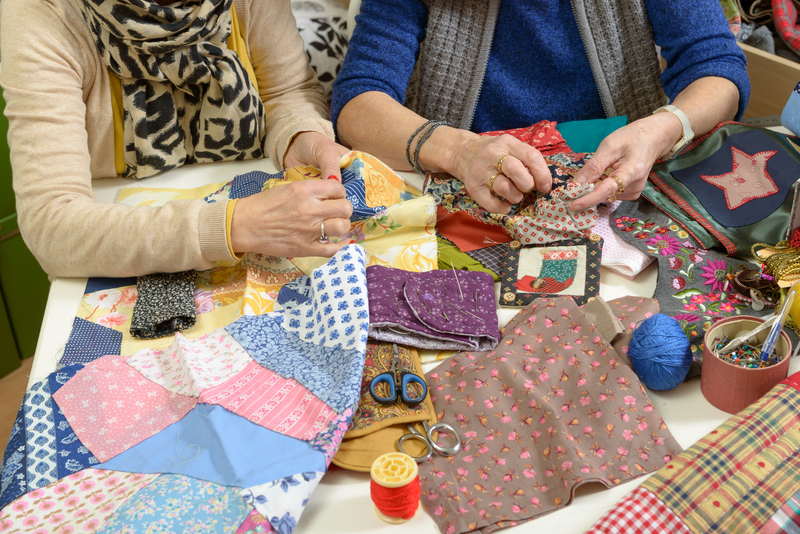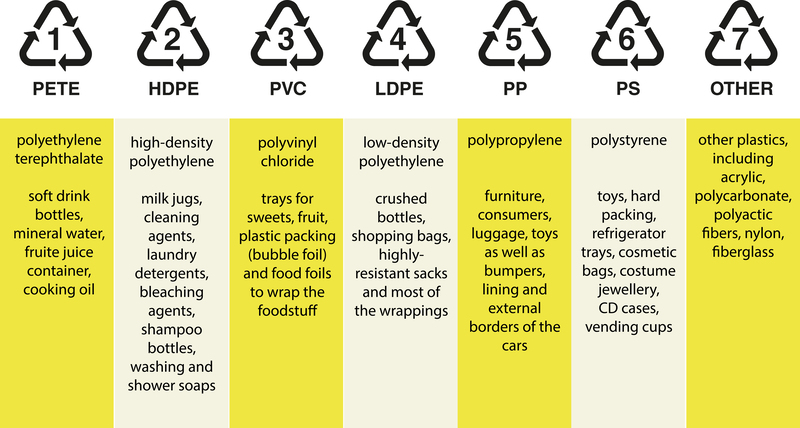Plastic pollution is one of the most critical environmental issues of our time. The convenience and durability of plastic have made it ubiquitous in our daily lives. However, its environmental impact is devastating. From clogging our oceans to harming wildlife, plastic waste has become a global concern. Fortunately, there are several eco-friendly options available to reduce plastic use. This article will explore these alternatives and provide practical tips for integrating them into your daily routine.
Reusable Shopping Bags
One of the simplest changes you can make is to switch from single-use plastic bags to reusable shopping bags. These bags are made from materials like cotton, jute, or recycled plastics and can be used multiple times. This small change can greatly reduce the number of plastic bags that end up in landfills and oceans.
Why Choose Reusable Bags?
Reusable shopping bags are not only durable but also come in various stylish designs, making them a practical and fashionable choice. They are also capable of carrying more weight than traditional plastic bags, reducing the risk of breakage and spills. By keeping a few reusable bags in your car or at home, you can always have one on hand when you need to make a trip to the store.

Stainless Steel and Bamboo Straws
Plastic straws are another major contributor to plastic pollution. An easy switch is to use stainless steel or bamboo straws. These alternatives are not only eco-friendly but also reusable, and they come in handy cases so you can take them with you wherever you go.
Benefits of Reusable Straws
Stainless steel and bamboo straws are easy to clean and often come with a small brush for this purpose. They are also durable enough to last for years, providing a long-term solution to plastic straw waste. Moreover, these straws are often BPA-free and safe to use for both hot and cold beverages.
Glass and Stainless Steel Containers
Food storage is another area where plastic use is rampant. Switching to glass or stainless steel containers can significantly reduce your plastic footprint. These containers are ideal for storing leftovers, packing lunches, and even freezing food.
Advantages of Non-Plastic Containers
Glass containers are non-toxic and do not leach chemicals into your food, making them a healthier option. They are also microwave-safe and oven-safe, providing versatility that plastic containers lack. Stainless steel containers are lightweight, durable, and perfect for on-the-go meals. Both options are long-lasting and can be recycled at the end of their life cycle.
Biodegradable Food Wraps
Another excellent way to cut down on plastic use is by replacing plastic wrap with biodegradable food wraps. These wraps are made from beeswax, organic cotton, and other natural materials, offering a sustainable way to keep your food fresh.
How to Use Biodegradable Wraps
Biodegradable food wraps can be used just like traditional plastic wrap. They are moldable, using the warmth of your hands to create a seal around food or containers. Once they wear out, they can be composted, returning nutrients to the earth rather than lingering for centuries in a landfill.
Compostable Cutlery
Single-use plastic cutlery is often used at picnics, parties, and take-out meals. A more sustainable option is compostable cutlery made from materials like cornstarch, bamboo, or other plant-based substances. These utensils break down naturally and do not contribute to long-term waste.
The Best Uses for Compostable Cutlery
Compostable cutlery is perfect for occasions where you might typically use disposable plastic utensils. They are sturdy and can handle both hot and cold foods. After use, they can be composted along with food scraps, making them an eco-friendly alternative.
Sustainable Personal Care Products
From toothbrushes to shampoo bottles, personal care products often come in plastic packaging. Fortunately, there are many sustainable options available, including bamboo toothbrushes, bars of soap, and refillable containers.
Making the Switch
Switching to sustainable personal care products is easier than you might think. Bamboo toothbrushes, for example, are just as effective as their plastic counterparts, but they biodegrade much faster. Shampoo bars eliminate the need for plastic bottles and can last longer than liquid shampoo. Refillable containers can be used for lotions, creams, and other toiletries, reducing packaging waste over time.
Reusable Water Bottles and Coffee Cups
Disposable water bottles and coffee cups are major sources of plastic waste. By using a reusable water bottle and coffee cup, you can make a significant impact. These items often come in a variety of materials, including stainless steel, glass, and BPA-free plastic.
The Impact of Reusables
Reusable water bottles and coffee cups are not only better for the environment, but they can also save you money in the long run. Many coffee shops offer discounts for bringing your own cup. Additionally, reusable bottles and cups are often better insulated, keeping your drinks at the desired temperature for longer periods.
Fabric Produce Bags
Another great way to reduce plastic use is to switch to fabric produce bags. These bags are perfect for fruits, vegetables, and other bulk items and can be washed and reused countless times.
Using Fabric Produce Bags
Fabric produce bags are lightweight and easy to carry around. They can be made from materials such as cotton, mesh, or recycled fabrics. These bags are breathable, making them ideal for storing produce without the risk of it getting soggy or wilting.

Upcycled and Recycled Products
Choosing products made from upcycled or recycled materials is another excellent way to cut down on plastic waste. These products give new life to materials that would otherwise end up in landfills.
Examples of Upcycled Products
There is a wide range of upcycled and recycled products available, from furniture and clothing to home d?cor and accessories. By purchasing these items, you support companies that prioritize sustainability and help divert waste from landfills.
Conclusion
Reducing plastic use is not only essential for the environment but also for our own well-being. Single-use plastics can take hundreds of years to decompose, leading to pollution and harm to wildlife. By making small, consistent changes, you can significantly reduce your plastic footprint. From reusable shopping bags and straws to biodegradable food wraps and compostable cutlery, there are numerous eco-friendly options to explore.
Educating yourself and others about the importance of reducing plastic use can also make a big difference. Every effort counts, and by adopting these sustainable alternatives, you contribute to a healthier planet for future generations.
Consider starting with one or two changes and then gradually incorporating more eco-friendly habits into your routine. The collective impact of these small actions can lead to significant positive changes for our environment.




